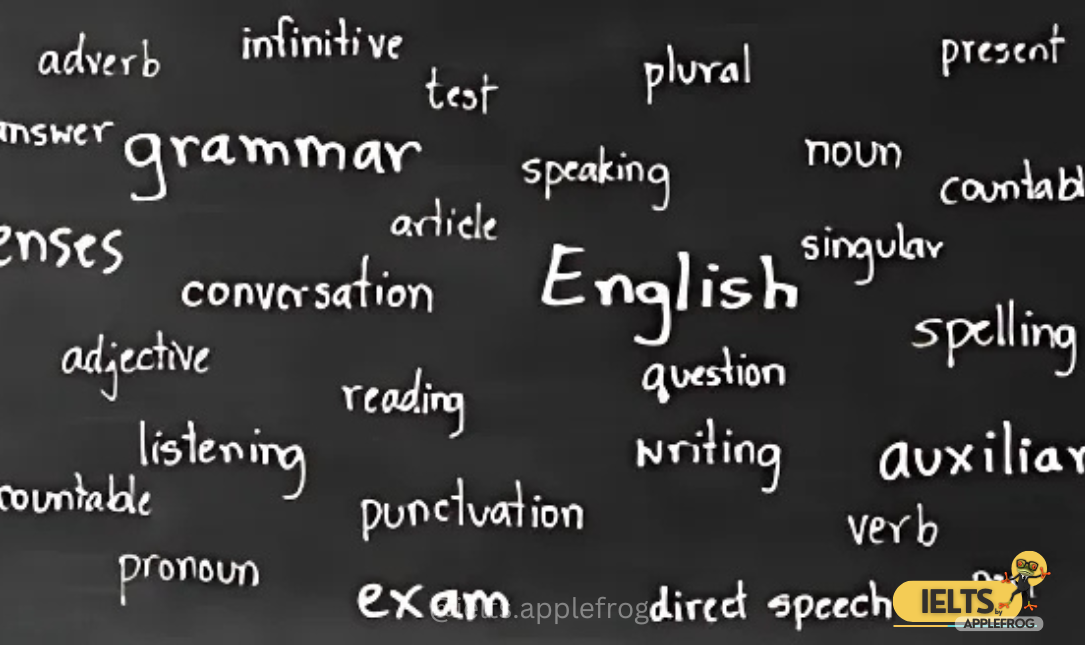
Future Perfect Continuous Tense
The future perfect continuous tense, also known as the future perfect progressive tense, is used to emphasize the duration or continuity of an action that will start in the future, continue for a period, and remain ongoing until a specified point in the future.
Formation of the Future Perfect Continuous Tense
- Structure: Subject + “will have been” + present participle (-ing form) of the main verb.
- Example: “She will have been studying.”
Usage of the Future Perfect Continuous Tense
- Describing an ongoing action that will start in the future and continue up until a specified future point: Example: “By this time next week, I will have been working on this project for a month.”
- Expressing the duration of an action that will be ongoing in the future: Example: “He will have been practicing the guitar for hours before the concert.”
- Referring to a continuous action that will have a result or impact on a future point: Example: “By the end of the year, she will be tired because she will have been running a marathon every month.”
- Talking about an ongoing action that will be completed at a future point: Example: “We will be exhausted because we will have been traveling for days.”
Examples of the Future Perfect Continuous Tense
- “By next month, she will have been studying English for a year.”
- “I will have been working on the assignment for hours by the time you arrive.”
- “They will have been waiting in line for hours before the concert starts.”
- “We will be tired because we will have been running all day long.”
- “He will have been practicing the piano for years before he gives a solo performance.”
Time Expressions Used with the Future Perfect Continuous Tense
- Common time expressions include: “by,” “by the time,” “for,” “for hours,” or a specific future point. Example: “By the end of the week, I will have been living in this city for a decade.”
Negative and Interrogative Forms
- Negative: Add “not” after “will have.” Example: “They will not have been playing basketball.”
- Interrogative: Invert the subject and “will have.” Example: “Will you have been studying for the test?”
Additional Points
- Show Duration of Actions: Emphasizes how long an action will have been ongoing.
- Connect Actions in the Future: Describes how one future action will be connected to another.
- Indicate Impact on the Future: Highlights the effect of an ongoing action on future events or situations.
The future perfect continuous tense allows us to describe ongoing actions that will start in the future, continue for a period, and be ongoing until a specific future point. By using this tense correctly, we can effectively express the ongoing nature and duration of actions in relation to specific future events.
RELATED POST












 Here can be your custom HTML or Shortcode
Here can be your custom HTML or Shortcode
0 Comments